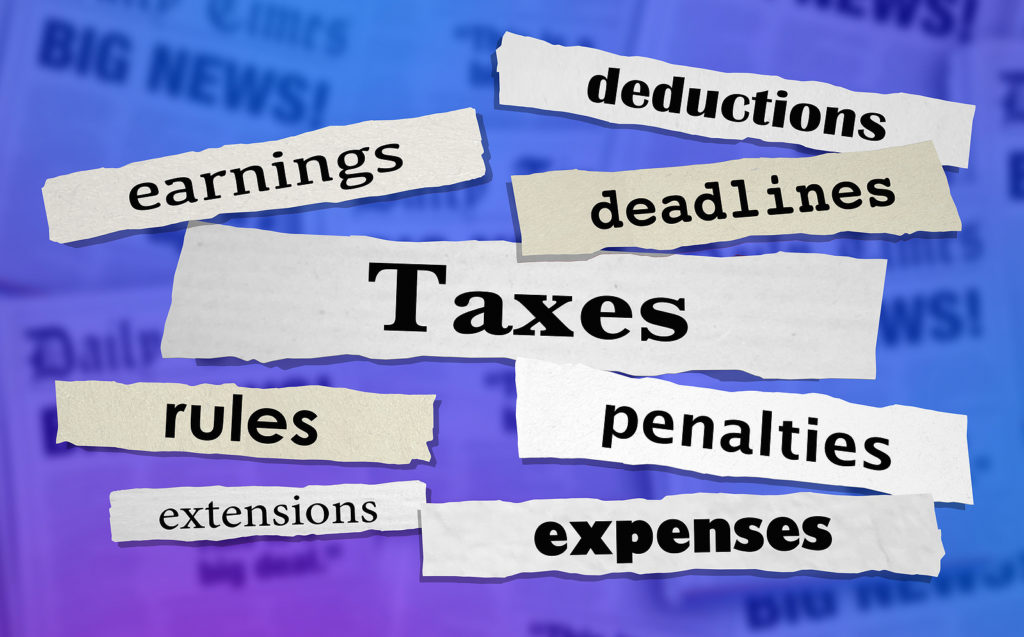Meet Your Local PVA!
Somewhere within your county, likely at this very moment, a Property Valuation Assessor (PVA) is determining the value of a specific piece of property. Who is your PVA? What is their role? And why does it matter? If you familiarize yourself with your local PVA, you can potentially realize significant property tax savings. Each county […]
Meet Your Local PVA! Read More »











